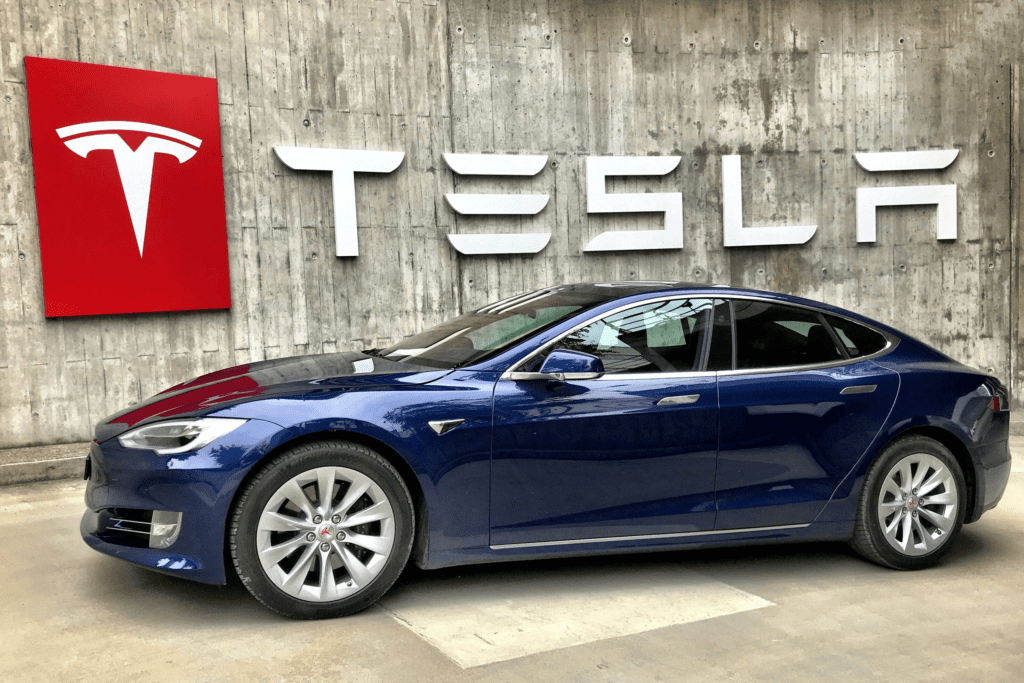Tesla has announced a recall of 376,241 vehicles in the United States due to a problem with the power-assisted steering system. The issue affects specific Model 3 and Model Y vehicles produced between February 28, 2023, and October 11, 2023. This recall was posted on the website of the U.S. National Highway Traffic Safety Administration (NHTSA).
Details of the Recall
Tesla issued this recall because some vehicles have a defect in the power-assisted steering system. According to reports, the problem occurs when the printed circuit board inside the steering system becomes overstressed. This can cause the power steering system to fail, especially when the vehicle comes to a stop and then accelerates again.
When power-assisted steering fails, drivers need to use much more effort to turn the steering wheel. This increases the risk of accidents, especially in situations where quick steering is necessary, such as while making sharp turns or avoiding obstacles on the road.

Tesla has assured the NHTSA that it has not received any reports of accidents, injuries, or fatalities linked to this defect. However, the company is taking proactive steps to fix the problem.
Which Vehicles Are Affected?
The recall affects specific Model 3 and Model Y vehicles manufactured between February 28, 2023, and October 11, 2023. These vehicles were equipped with an older version of Tesla’s software, which, combined with the hardware issue, increases the chances of power steering failure.
Tesla has announced that the issue will be resolved through an over-the-air (OTA) software update. This means that affected Tesla owners will not need to take their cars to a service center. Instead, Tesla will send a software update remotely to fix the problem.
How Power Steering Failure Affects Driving
Power-assisted steering is an important feature in modern cars, as it helps drivers steer their vehicles easily. In most cars today, power steering is controlled by an electronic system rather than hydraulic fluid.
When the electronic power steering fails, the steering wheel becomes much harder to turn. For example, at low speeds, such as when parking, a driver would need to apply a lot more force to move the steering wheel. This can be dangerous because it may slow down a driver’s reaction time in an emergency situation.
While some drivers might still be able to control the car without power steering, it would be more difficult, especially for those who are not used to manual steering. This increases the likelihood of accidents, particularly for elderly drivers or those with physical limitations.
Tesla’s Response to the Issue
Tesla has stated that it is working quickly to address the issue. The company has also informed the NHTSA that it will fix the problem with a software update. This is not the first time Tesla has used OTA updates to resolve safety concerns in its vehicles.
In addition to this recall, Tesla recently faced a similar investigation in China regarding the same power steering issue. The company has voluntarily taken action to prevent any further complications for customers.
Tesla’s recall process is different from traditional vehicle recalls, which usually require customers to visit a dealership or service center. Since Tesla vehicles are highly digital, many fixes can be done remotely through software updates. This allows Tesla to address issues more quickly than most other car manufacturers.
Investigations into Tesla’s Safety Systems
This recall comes at a time when the NHTSA is already conducting investigations into Tesla’s safety features. The agency has been looking into Tesla’s “Autopilot” and “Full Self-Driving (Supervised)” systems for several years.
Although these features are designed to assist drivers, Tesla has made it clear that they do not turn vehicles into fully autonomous cars. A human driver must always remain alert and ready to take control at any moment. However, concerns have been raised about accidents involving Tesla vehicles using these systems.
The NHTSA has been examining whether Tesla’s driver-assistance systems increase the risk of crashes. The agency is particularly focused on cases where drivers may become too dependent on the software, leading to accidents.
Government Actions and Workforce Reductions
There have also been reports that the federal government workforce, including employees at the NHTSA, has been reduced in recent years. According to some sources, budget cuts and staffing reductions have limited the agency’s ability to fully investigate safety concerns, including issues related to Tesla vehicles.
The reduction in workforce could slow down the process of identifying and addressing safety defects. This is a concern for many experts who believe that a well-staffed safety agency is necessary to ensure that car manufacturers are held accountable for safety issues.

Tesla’s Safety Measures and Future Steps
Tesla has built a reputation for pushing technological boundaries in the automotive industry. The company is known for its electric vehicles, innovative software, and self-driving technology. However, as Tesla continues to expand, it also faces challenges in ensuring that its cars meet the highest safety standards.
To maintain customer trust, Tesla has been quick to respond to reported issues. The company frequently updates its software to improve vehicle performance and safety. In the case of this recall, the OTA update is expected to fix the problem without requiring customers to visit a service center.
Tesla also encourages customers to report any unusual vehicle behavior through its app or service centers. By gathering data from its vehicles, Tesla can identify potential problems early and address them before they become serious safety risks.
What Should Tesla Owners Do?
For Tesla owners, the best course of action is to ensure that their vehicle’s software is up to date. Tesla will automatically send the necessary update to affected vehicles, so owners do not need to take any action unless they experience difficulties with their power steering.
If a driver notices that their steering wheel is becoming hard to turn, they should contact Tesla’s customer support for assistance. They may also check Tesla’s website or the NHTSA website for additional updates on the recall.
In general, Tesla advises all drivers to stay alert while driving and to be prepared to take control of their vehicle at any time, even if they are using Autopilot or Full Self-Driving (Supervised).

